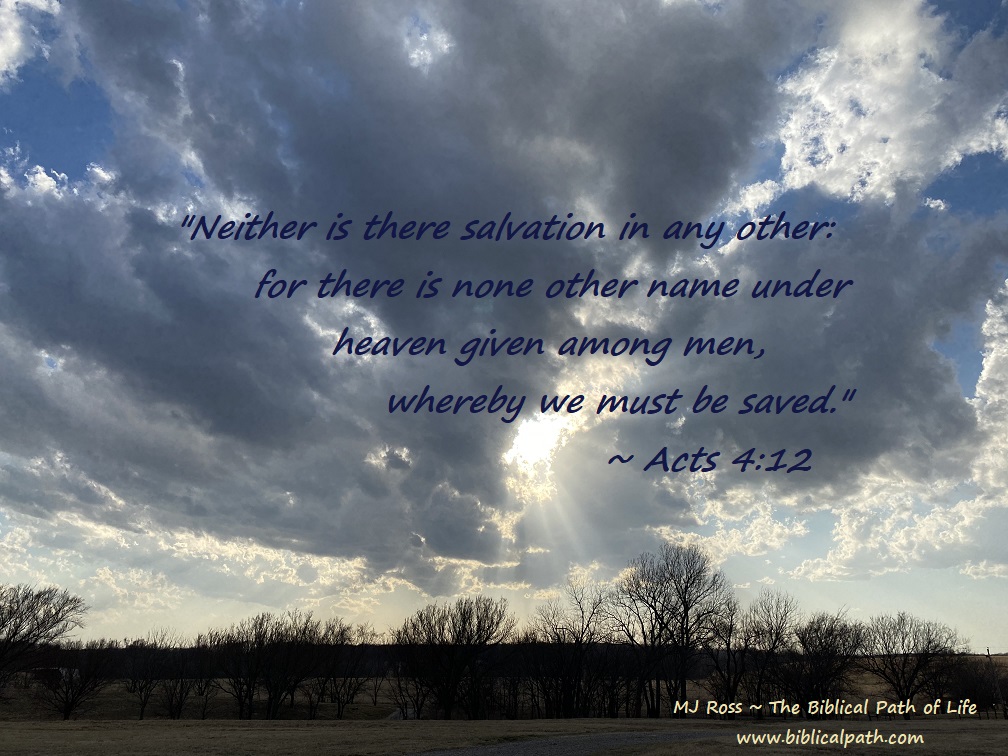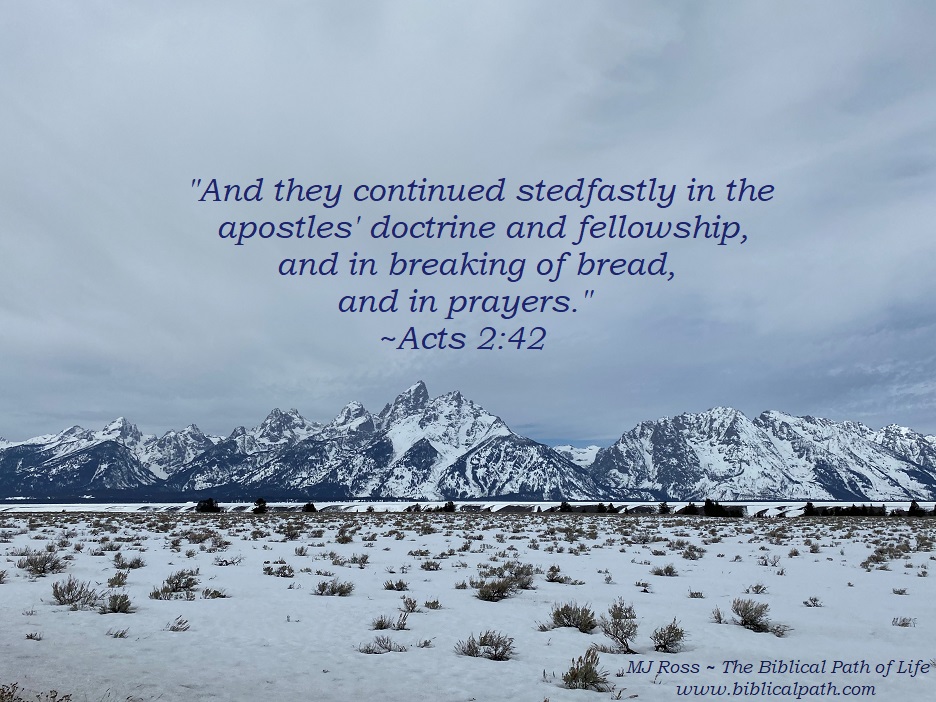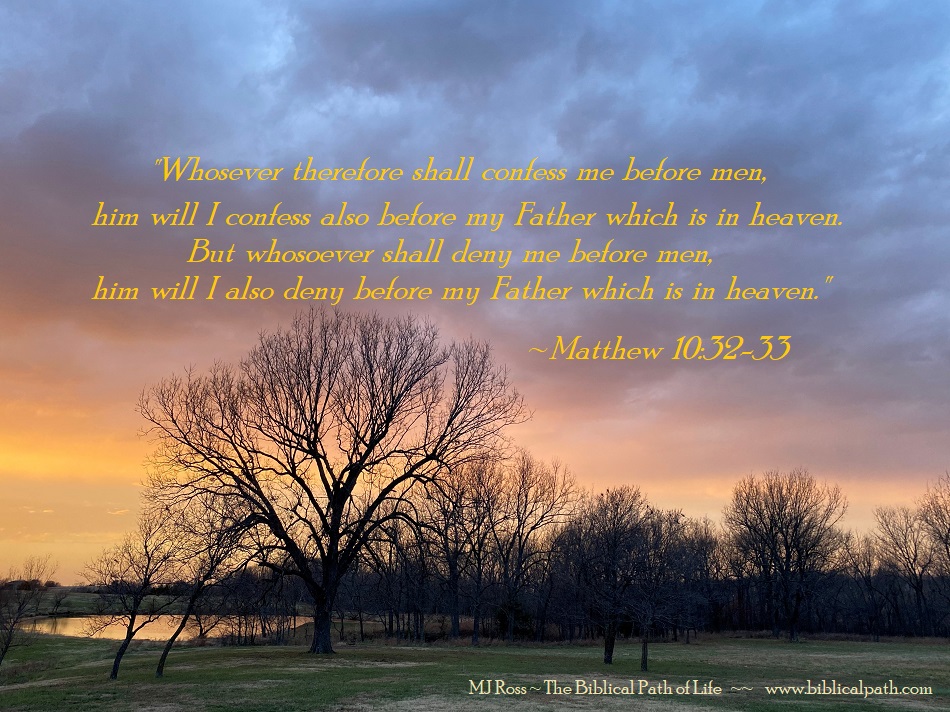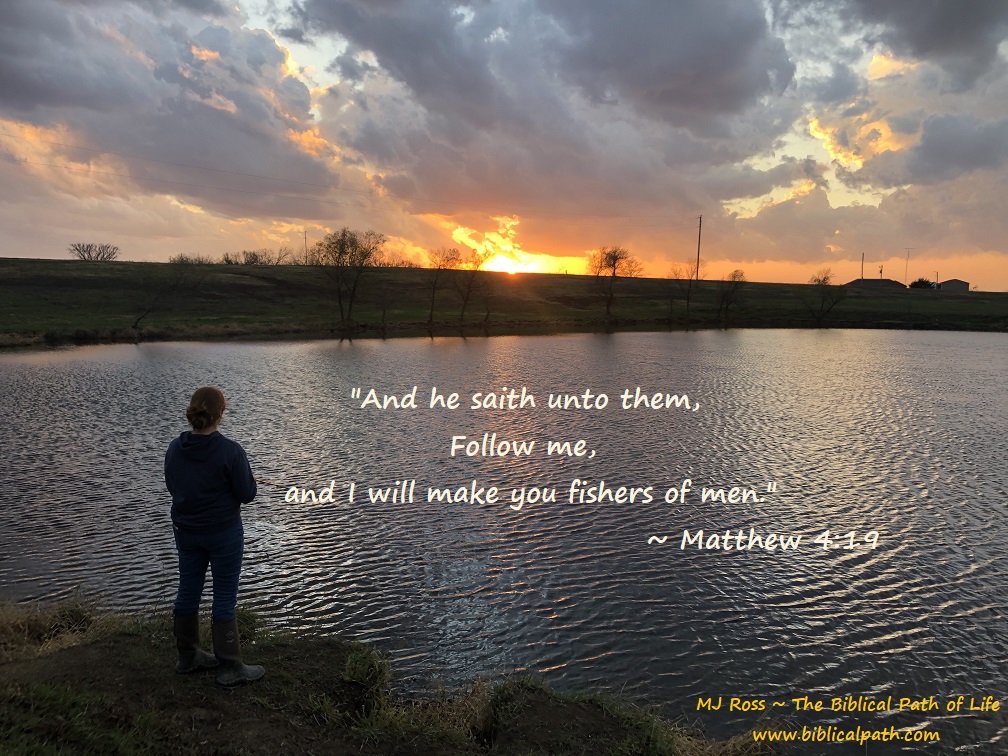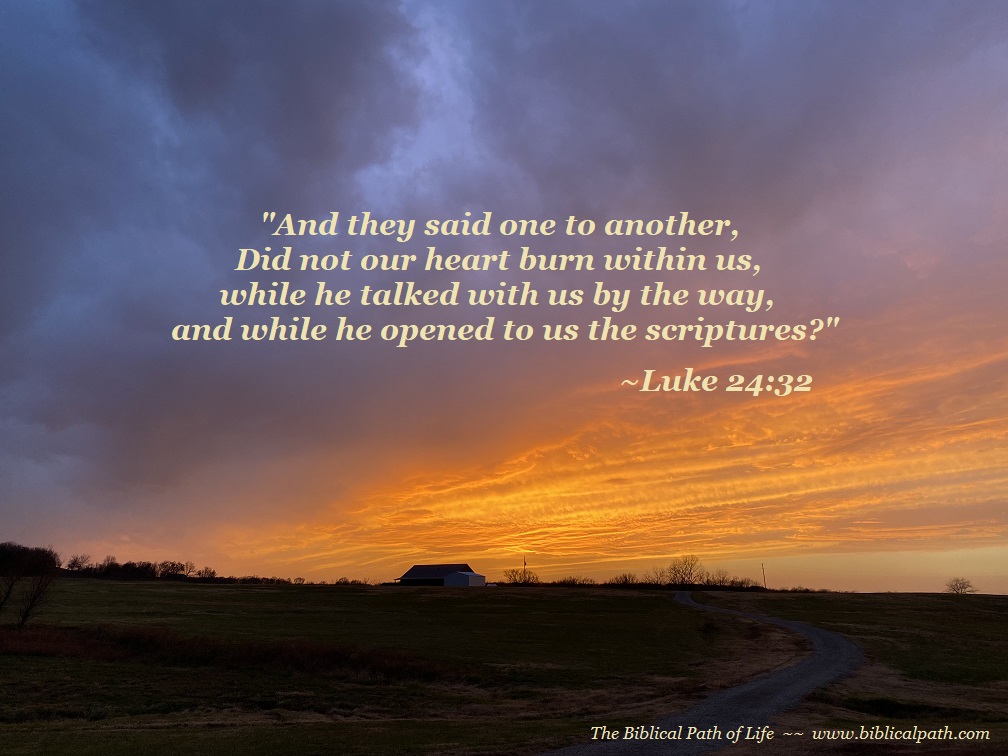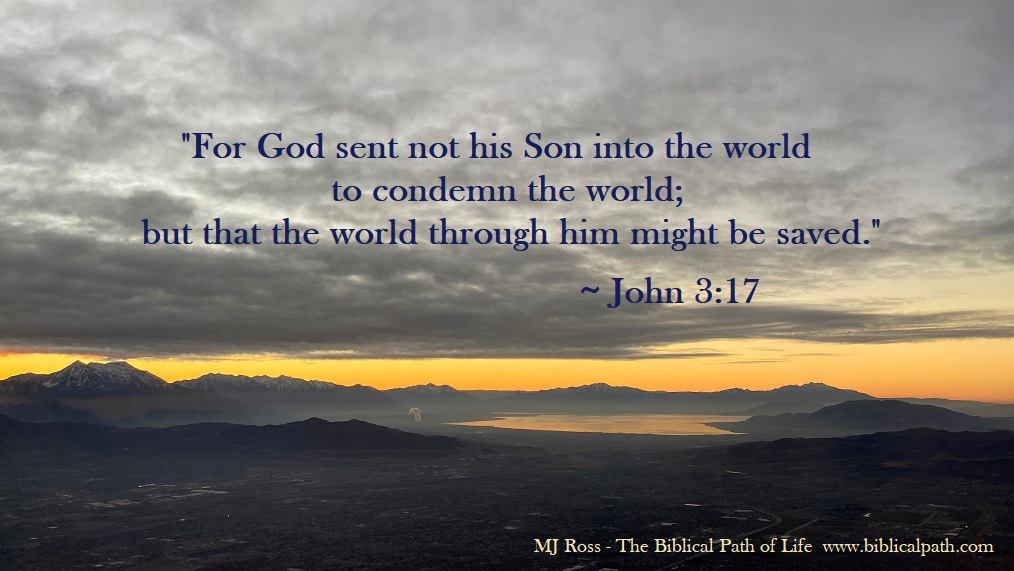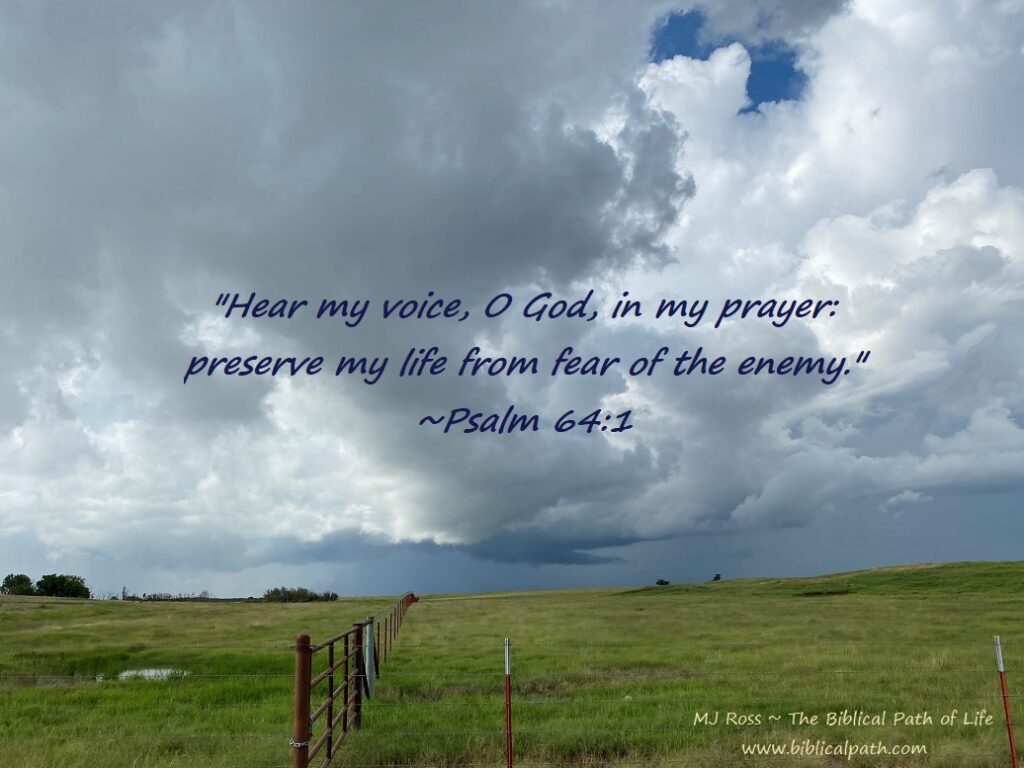
Psalm 64:1
Who is the enemy of a Christian? “Be sober, be vigilant; because your adversary the devil, as a roaring lion, walketh about, seeking whom he may devour” (1 Peter 5:8). The devil (Satan) is the enemy. We can read from this verse that he attacks and wants to destroy Christians. Why do we need to know about our enemy, Satan? “Lest Satan should get an advantage of us: for we are not ignorant of his devices” (2 Corinthians 2:11).
Before we continue, it is important that we understand a few things about Satan:
- He lost his position in heaven because of pride: “12. How art thou fallen from heaven, O Lucifer, son of the morning! how art thou cut down to the ground, which didst weaken the nations! 13. For thou hast said in thine heart, I will ascend into heaven, I will exalt my throne above the stars of God: I will sit also upon the mount of the congregation, in the sides of the north: 14. I will ascend above the heights of the clouds; I will be like the most High” (Isaiah 14:12-14).
- He is the father of lies: “Ye are of your father the devil, and the lusts of your father ye will do. He was a murderer from the beginning, and abode not in the truth, because there is no truth in him. When he speaketh a lie, he speaketh of his own: for he is a liar, and the father of it” (John 8:44). This is what Jesus said about the devil when He was speaking to the religious leaders. We are to recognize that Satan is a murderer, there is no truth in him, he only speaks of his own, and he is a liar. These religious leaders obviously were not in righteousness – which is the distinction between those who belong to God instead of belonging to the devil.
- He tricks through subtlety: “But I fear, lest by any means, as the serpent beguiled Eve through his subtilty, so your minds should be corrupted from the simplicity that is in Christ” (2 Corinthians 11:3).
- He appears as an angel of light: “13. For such are false apostles, deceitful workers, transforming themselves into the apostles of Christ. 14. And no marvel; for Satan himself is transformed into an angel of light” (2 Corinthians 11:13-14).
When Jesus came to earth, He came to defeat Satan (the devil), once and for all. “He that committeth sin is of the devil; for the devil sinneth from the beginning. For this purpose the Son of God was manifested, that he might destroy the works of the devil” (1 John 3:8). Not only do we learn that Jesus came to destroy the works of the devil, but we recognize just who belongs to the devil. (One who commits sin in this verse is “one who practices or lives in a prolonged form of sin.”) How can you tell the difference between those who belong to the devil and those who belong to God? “In this the children of God are manifest, and the children of the devil: whosoever doeth not righteousness is not of God, neither he that loveth not his brother” (1 John 3:10). There is a definite distinction.
How do Christians defeat our enemy, the devil?
In the following verse, one can understand a warning: departing from the truth of God’s Word, becoming a friend of the world, causes one to become the enemy of God. “Ye adulterers and adulteresses, know ye not that the friendship of the world is enmity with God? whosoever therefore will be a friend of the world is the enemy of God” (James 4:4). Adulterer means “apostate.” Therefore, a Christian must resist the devil in the faith. “Whom resist stedfast in the faith, knowing that the same afflictions are accomplished in your brethren that are in the world” (1 Peter 5:9). If Satan can shake the faith of Christians and draw them into departing from the truths of God’s Word, he can defeat them. Christians must stand fast in their faith. “That your faith should not stand in the wisdom of men, but in the power of God” (1 Corinthians 2:5).
Christians must be humble before God. “6. Humble yourselves therefore under the mighty hand of God, that he may exalt you in due time: 7. Casting all your care upon him; for he careth for you” (1 Peter 5:6-7). It is important to humble a Christian life to God, understanding that He cares for those who belong to Him. How can this be done? “And unto man he said, Behold, the fear of the Lord, that is wisdom; and to depart from evil is understanding” (Job 28:28). Fear the Lord and depart from evil.
Do you recognize your enemy, standing fast in your faith while fearing the Lord and departing from evil?

